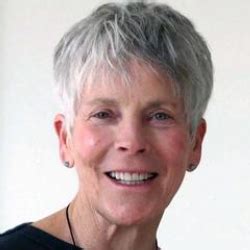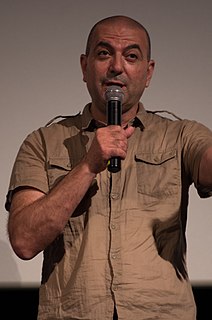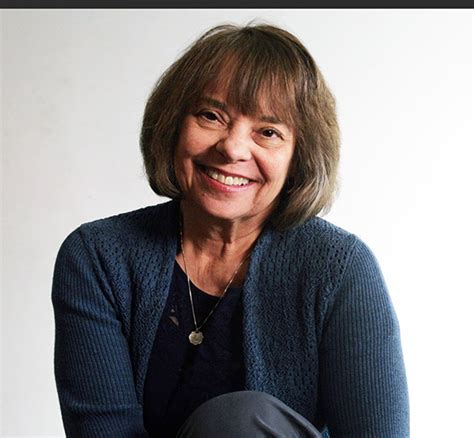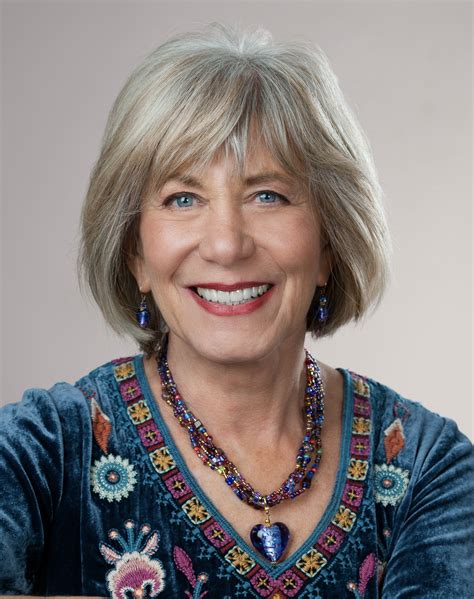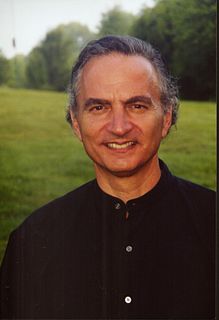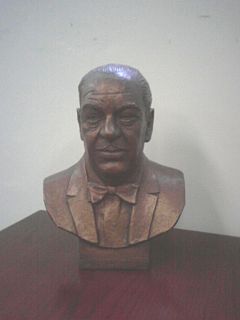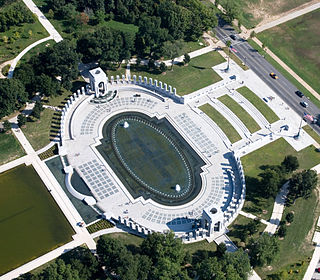A Quote by Cheri Huber
When we make decisions, about eating or anything else, with an attitude of kindness and acceptance toward ourselves, with awareness of what is involved in our choices, the conflict between deprivation and indulgence ceases to exist.
Related Quotes
I like movies that deal with trapped men. Men that need to make choices that are not obvious or easy choices. Then how do you visualize this? You create this character conflicted between two sides, because drama is about the conflict of two things, between your duty and your will, between what you want and what you can't have. It is all conflict between two things, and this is why you put your character in a place where you can visualize the conflict.
We can choose to function at a lower level of awareness and simply exist, caring for our possessions, eating, drinking, sleeping and managing in the world as pawns of the elements, or we can soar to new and higher levels of awareness allowing ourselves to transcend our environment and literally create a world of our own - a world of real magic.
Eat by Choice, Not by Habit combines the author's humor, deep compassion for others and knowledge about food in a way that makes me eager to follow her lead toward healthy eating-and more importantly, toward a healthy attitude about eating. She aptly teaches us all to frame our food issues in a language that is both liberating and comforting.
In this life we have to make many choices. Some are very important choices. Some are not. Many of our choices are between good and evil. The choices we make, however, determine to a large extent our happiness or our unhappiness, because we have to live with the consequences of our choices. Making perfect choices all of the time is not possible. It just doesn't happen. But it is possible to make good choices we can live with and grow from.
Forgiveness entails the authentic acceptance of our own worthiness as human beings, the understanding that mistakes are opportunities for growth, awareness and the cultivation of compassion, and the realization that the extension of love to ourselves and others is the glue that holds the universe together. Forgiveness...is not a set of behaviors, but an attitude.
In the midst of global crises such as pollution, wars and famine, kindness may be too easily dismissed as a 'soft' issue, or a luxury to be addressed after the urgent problems are solved. But kindness is the greatest need in all those areas - kindness toward the environment, toward other nations, toward the needs of people who are suffering. Until we reflect basic kindness in everything we do, our political gestures will be fleeting and fragile.
Research has shown that a simple act of kindness directed toward another improves the functioning of the immune system and stimulates the production of serotonin in both the recipient of the kindness and the person extending the kindness. Kindness extended, received or observed beneficially impacts the physical health and feelings of everyone involved.
Everybody wants life to speak to them with special kindness. Every personal story begs to be steered toward reverie, toward some relief from unpleasant truths: That you are a self, that beyond anything else you want the best for that self. That, if it is to be you or someone else, you need it to be you, no matter what.
The most valuable insight I have made about how people make decisions is that when they become skilled they don't have to make decisions - choices between options. Instead, they can draw on experience and the patterns they have acquired to recognize what to do, ignoring other options. This is the basis of the Recognition-Primed Decision (RPD) model my colleagues and I described thirty years ago.
